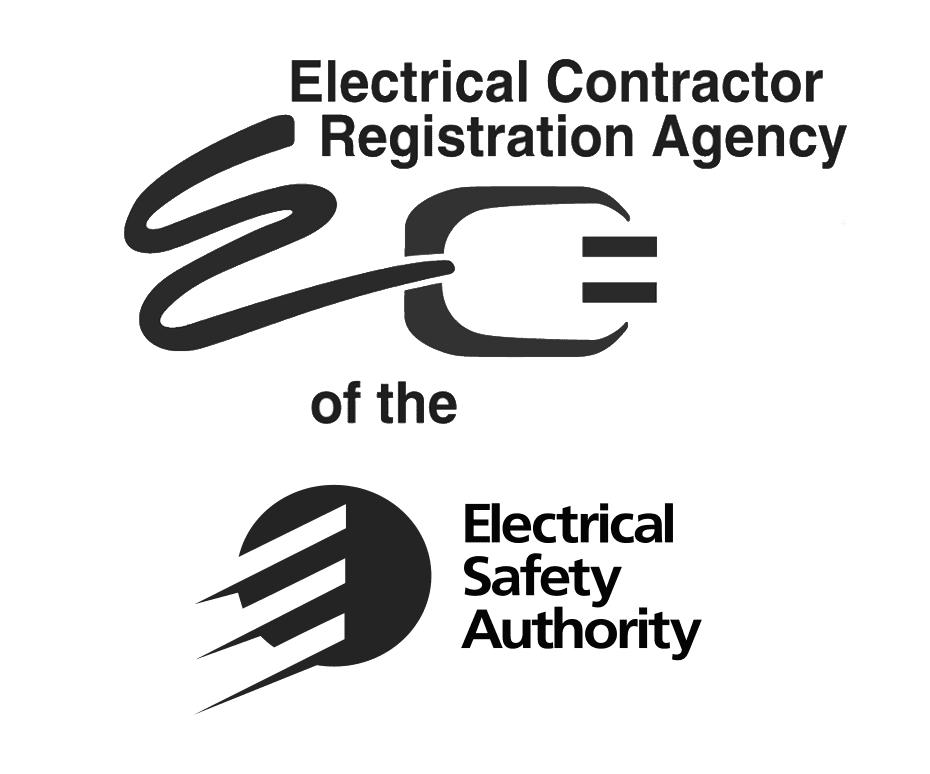In today’s fast-paced world, integrating technology into our homes is no longer a luxury—it’s a necessity. Smart home automation has revolutionized modern living, offering unparalleled convenience, efficiency, and sustainability. This guide explores the myriad benefits of smart home automation for homeowners and sustainable living advocates alike.
Introduction to Smart Home Automation
Smart home automation refers to the use of internet-connected devices to manage and control various household functions remotely. From its early beginnings with basic programmable thermostats, smart home technology has evolved into a sophisticated ecosystem that integrates lighting, security, entertainment, and even appliances.
The impact on modern living is profound, transforming how we interact with our living spaces and enhancing our overall quality of life.
The Environmental and Cost Benefits
One of the most compelling reasons to adopt smart home technology is its positive environmental impact. Smart thermostats, lighting systems, and appliances can significantly reduce energy consumption by optimizing usage based on real-time data. This not only lowers your carbon footprint but also translates to substantial long-term cost savings. For instance, a smart thermostat can learn your schedule and adjust temperatures accordingly, potentially reducing your annual heating and cooling costs by up to 15%.
Smart lighting systems, such as those offered by Philips Hue, allow you to control lights remotely and set schedules, ensuring that lights are only used when needed. This reduces electricity consumption and extends the lifespan of your bulbs. Similarly, smart plugs and power strips can cut off power to devices that are in standby mode, further reducing your energy bills.
Investing in smart home technology is a step towards sustainable living. By making your home more energy-efficient, you’re not only saving money but also contributing to a healthier planet. The initial investment in smart devices often pays off within a few years, making it a financially viable choice for environmentally conscious homeowners.
Convenience and Lifestyle Enhancements
The convenience offered by smart home automation is unparalleled. Imagine waking up to the soft glow of your bedroom lights, the aroma of freshly brewed coffee, and your favorite morning playlist—all orchestrated seamlessly by your smart home system. These devices simplify daily routines, giving you more time to enjoy life’s pleasures.
Smart security systems, like those from Ring or Nest, provide peace of mind by allowing you to monitor your home from anywhere in the world. You can receive alerts about unusual activity, view live camera feeds, and even communicate with visitors at your doorstep, all from your smartphone. Integrating these systems with smart locks and doorbells adds an extra layer of security, making your home safer and more secure.
Entertainment systems have also seen a significant upgrade with smart technology. With voice-controlled assistants like Amazon Alexa and Google Assistant, you can manage your music, television, and even home theater settings without lifting a finger. These systems offer a more immersive and enjoyable entertainment experience, tailored to your preferences and lifestyle.
Smart Home Automation and Health
Smart home technology isn’t just about convenience; it also promotes better health and well-being. Advanced air quality monitors can detect pollutants and allergens, providing real-time data and recommendations to improve indoor air quality. Water quality monitors ensure that the water you drink and use is free from harmful contaminants.
Living in a smart home can also enhance your mental and physical well-being. Automated lighting systems that mimic natural sunlight can help regulate your circadian rhythm, improving sleep quality. Smart sleep trackers provide insights into your sleep patterns, helping you make adjustments for better rest. Additionally, smart fitness equipment and health monitors can track your physical activity, encouraging a healthier lifestyle.
Overcoming Challenges and Misconceptions
Despite the numerous benefits, some homeowners may have concerns about privacy and security. It’s essential to choose reputable brands and secure your network to protect your data. Using strong passwords, enabling two-factor authentication, and regularly updating your devices can mitigate potential risks.
Transitioning to a smart home doesn’t have to be overwhelming. Start small by integrating a few key devices like a smart thermostat or security system. Gradually expand your smart home ecosystem as you become more comfortable with the technology. Seeking professional advice and installation services can also ensure a smooth and hassle-free transition.
Future Trends and Innovations
The future of smart home automation is bright, with continuous advancements and innovations on the horizon. Emerging technologies like AI and machine learning are making smart homes more intuitive and responsive. Voice assistants are becoming more integrated, offering a seamless blend of functionality and convenience.
Sustainable living practices are also driving innovation in the smart home industry. Solar-powered devices, energy-efficient appliances, and smart grids are becoming more prevalent, further reducing our reliance on non-renewable resources. These advancements not only benefit individual homeowners but also contribute to a more sustainable and eco-friendly future.
Smart home automation offers a plethora of benefits, from reducing energy consumption and costs to enhancing convenience, security, and health. For homeowners and sustainable living advocates, investing in smart home technology is a step towards a more efficient, comfortable, and environmentally friendly lifestyle.


